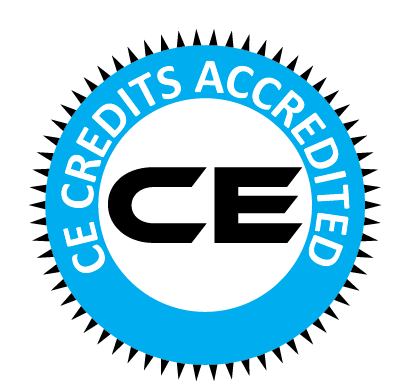
Tarek El-Kerdani
University of Florida, USA
Title: An overview and assessment of the contemporary work flow of CAD / CAM technology for fabricating fixed dental restorations
Biography
Biography: Tarek El-Kerdani
Abstract
CAD/CAM technology is an innovative digital system capable of scanning prepared teeth planned to receive crowns,
bridges, inlays and other restorations. CAD/CAM systems, like CEREC, E4D system and several others, provide a better,
faster and more convenient method for fabricating restorations. The fast growing popularity of these systems requires setting
up criteria for evaluating the technology and simplifying the methods of how it is taught and practiced. In addition, several
major dental schools throughout the United States have already adopted this technology for both education and clinical patient
care. The technology improves the experience for both the professional and the patient, contributes to a positive reputation
of the practice, and may increase clinical productivity and income. Overall, CAD/CAM technology is the present and future
of dentistry. This presentation provides an overview of CAD/CAM digital technology, and compares the workflow of the new
and the conventional technology. The presentation enumerates the important points of comparison between different CAD/
CAM systems, the important criteria for evaluating systems, selecting the system that meets the operator’s needs and reviews
the advantages and limitations of the current systems on the market. The presentation concludes with a case presentation
highlighting one specific limitation common in some systems which is designing specific occlusal schemes and provides an
innovative solution for that limitation based on a recent publication by the author. The discussion provides an overall deeper
understanding of CAD/CAM systems and prepares the audience for evaluating and selecting the appropriate systems for their
practice.

